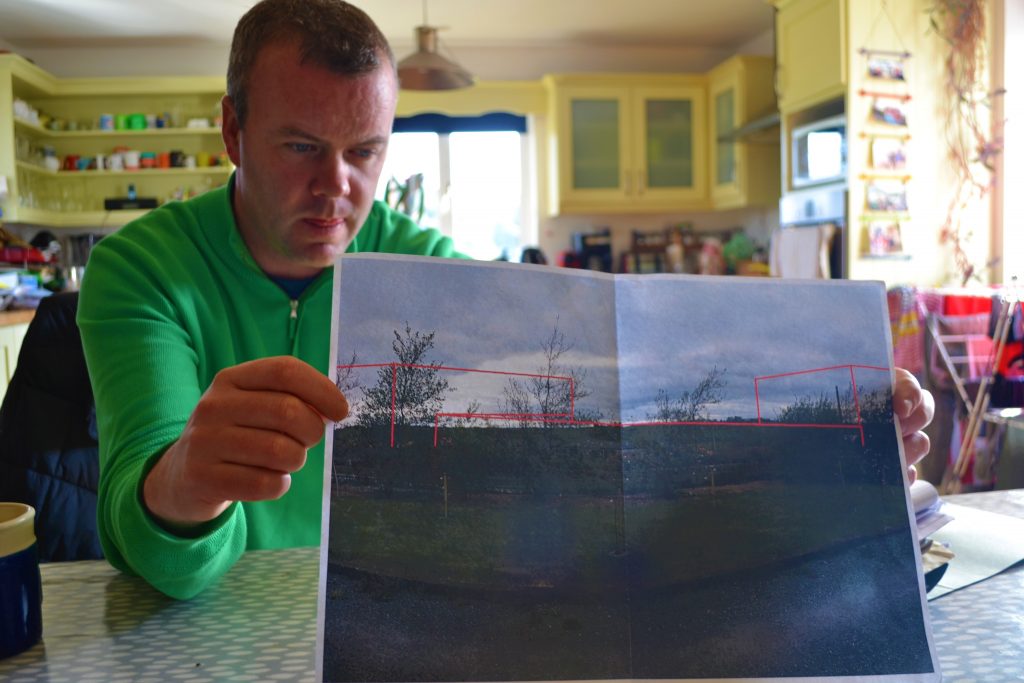US company withdraws plans for Skibbereen plastic factory

September 17th, 2019
The decision of thermoplastic company RTP Company to withdraw its application for a plastic factory in Skibbereen was greeted by local campaigners last night as a “brilliant example of people power”.
Local campaigners at SOS Skibbereen had challenged the green light given to RTP’s Irish subsidiary Daly Products Ltd to build the proposed factory all the way to the High Court that earlier this year quashed planning permission for the plant granted by An Bord Pleanála (ABP).
According to SOS Skibbereen’s chairperson Brendan McCarthy, ABP informed the group that RTP has now withdrawn their application for the plastic factory.
“The case is now closed. Our campaign has been successful in way we could never have imagined when we started,” Mr McCarthy said. “This has been a brilliant example of people power.”

Environment Pollution Concerns
Earlier this summer, ABP consented to the High Court ruling that its screening for appropriate assessment (AA) was in breach of requirements laid out by the European Court of Justice (ECJ).
An AA examines the potential adverse effects of a plan or project on protected nature sites. The screening stage is used to determine if a full assessment will be required.
It was proposed that the plant would be connected to Skibbereen’s wastewater treatment plant that in turn discharges into the Ilen river, with locals raising concern about possible contamination from plastic nurdles.
The Board’s inspector, however, found that the issue could be allayed by adding a balancing tank for the cooling water at the facility which would allow it to be serviced by the public stormwater sewerage system.
By doing so, SOS Skibbereen claimed that the Board had outlined a mitigation measure during the AA screening stage in breach of a recent ECJ finding in the People Over Wind case that it is not appropriate to consider mitigation measures at the AA screening stage.

Water contamination concerns
SOS Skibbereen had also repeatedly voiced its concern about possible water contamination from nurdles, a by-product of plastic manufacturing.
Nurdles are inherently non-toxic. However, they began to act as a sponge over time and can absorb chemicals found in water such as those found in agricultural sprays.
Marine species often chow down plastic nurdles, mistaking them for fish eggs. If digested, chemicals adhered to the nurdles become absorbed into their tissues, making them potentially hazardous for humans to consume.
Chemicals added to plastics in the manufacturing process are believed to be readily absorbed by the human body, with some plastic compounds found to cause cancer or have other potential health impacts.
For example, Phthalate, a chemical added to plastic to make it softer, is known to cause infertility, congenital disabilities, and other health issues.
[x_author title=”About the Author”]







